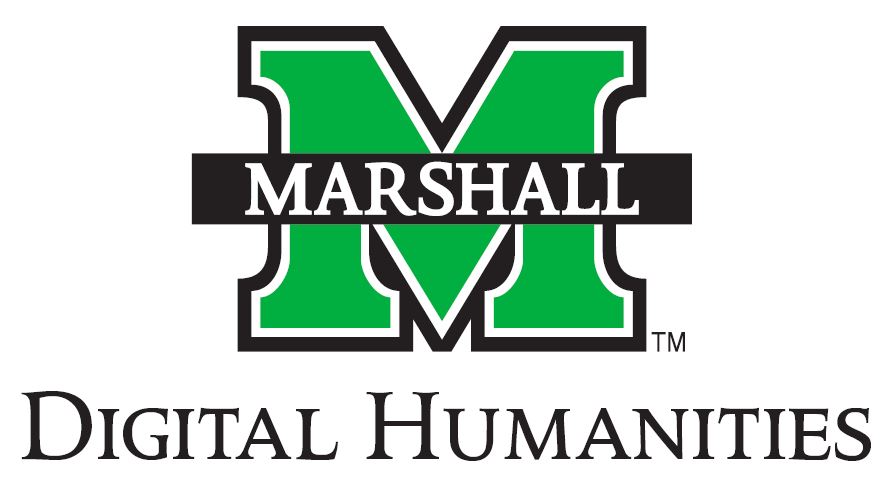Presentation Title
Collaborating with the Community on DH Social Justice Projects
Presenter Biography
Kristen Lillvis is an Associate Professor of English and Director of Digital Humanities at Marshall University. She is the author of Posthuman Blackness and the Black Female Imagination (University of Georgia Press, 2017) and co-editor of Community Boundaries and Border Crossings: Critical Essays on Ethnic Women Writers (Lexington, 2016). Victoria Endres is currently pursuing a Master's in Library Science at the University of Kentucky. She has worked with the Movable project as an Intern and Project Manager and hopes to continue working with the project to reduce the stigma surrounding substance use disorders.
Presentation Type
Powerpoint
Intended Conference
Appalachian Studies Association
Intended Conference Dates
March 12-15, 2020
Location
University of Kentucky, Lexington, KY
Event Website
http://appalachianstudies.org/annualconference/
Presentation Date
3-13-2020
Keywords
social justice, recovery, collaboration, digital humanities, Appalachia, substance use
Abstract
Lillvis and Endres will explain how scholars working on public history and digital humanities projects can collaborate with the community to assess their work and increase community and scholarly engagement. Relying on the scholarship of “do-it-with-others” (DIWO) citizenship (versus do-it-yourself [DIY] citizenship), we will provide information on the Appalachian recovery community’s co-creation of Movable, including through storytelling workshops, participatory mapping sessions, and feedback/editing meetings, explaining how the site provides novel research opportunities on DIWO collaboration, critical cartographies, and document analysis. Ultimately, we will provide tenets on community collaboration to give others tools for co-creating community-produced sites.
Collaborating with the Community on DH Social Justice Projects
University of Kentucky, Lexington, KY
Lillvis and Endres will explain how scholars working on public history and digital humanities projects can collaborate with the community to assess their work and increase community and scholarly engagement. Relying on the scholarship of “do-it-with-others” (DIWO) citizenship (versus do-it-yourself [DIY] citizenship), we will provide information on the Appalachian recovery community’s co-creation of Movable, including through storytelling workshops, participatory mapping sessions, and feedback/editing meetings, explaining how the site provides novel research opportunities on DIWO collaboration, critical cartographies, and document analysis. Ultimately, we will provide tenets on community collaboration to give others tools for co-creating community-produced sites.
https://mds.marshall.edu/digital_humantities/2020/accepted_proposals/1


Comments
This presentation was accepted to the ASA Conference as part of the session "Sharing Stories of Recovery in Appalachia: Creating the Community Website Movable: Narratives of Recovery and Place." Other intended session presenters were Amy Saunders and Stefan Schöberlein.